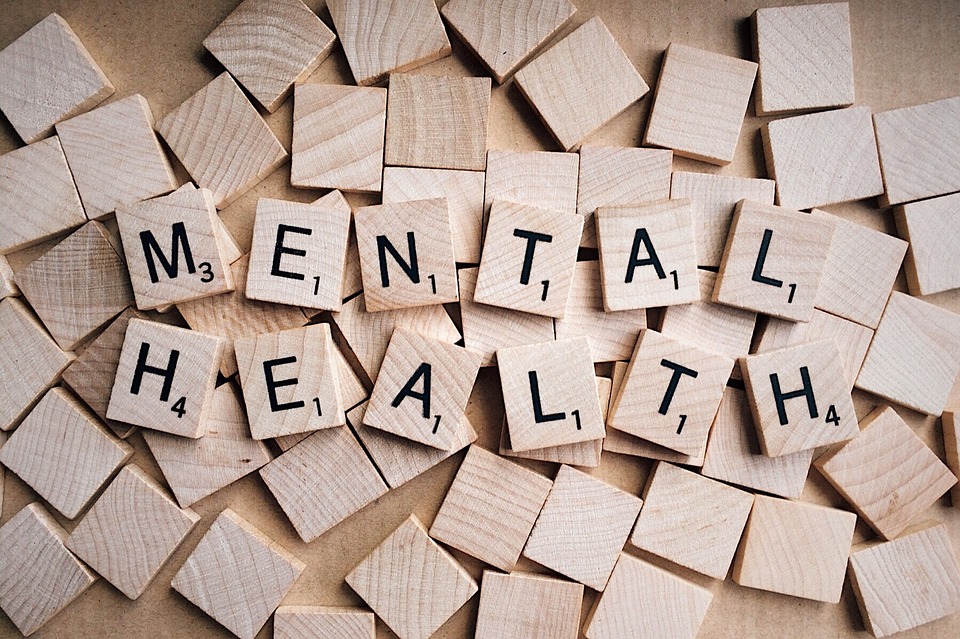Sleep is one of the most precious activities and also the most awaited part of the day, especially if your life moves like the hands of the clock. Yoga lovers will often find themselves practicing a few poses by just moving their legs while they are reading a book before switching off the bed side lamp. The ingrained mindset that yoga relaxes the body is so filled in us, that our body automatically starts working to overcome blockages in the body. Bedtime yoga can make life simpler and leave you fresh and more charged up for the next day.
Read More: Follow These 5 Yoga Poses to Reduce Stubborn Belly Fat
When you combine two relaxing activities together, yoga and sleeping, the results are only going to be a relaxed mood and an effortlessly smooth day. Bid farewell to backache, sleeplessness and negative thoughts with these poses:
Bend Knee Spinal Twists
A great way to ease out any discomfort in the spine, legs and back, this stretching exercise, where you hug and bend your right knee to the left side and vice-a-versa, is a great way to kick start your bedtime yoga routine. All you have to do is stay on each side for 5 to 7 breaths and repeat 2-3 times depending on what your body is telling you and feel the benefit enfold soon enough.
Happy baby pose
A hip opener, the pose creates space for back and works on the sacroiliac joints as well, a common cause of discomfort in most of the people in sedentary jobs. Bend both your knees and flex the foot to face the ceiling. Bring it closer to the chest and hold each big toe with the relative hand and stay in the pose for 5 to 7 breaths.
Child’s pose
A semi inverted pose, it relieves the practitioner of any form of back pain apart from bringing blood flow to the face and removing stress and anxiety. The pose works invariably in any routine, at any time to remove unwanted stress.
Knee Hugs
An extremely relaxing pose, it is also known as wind releasing pose as it removes any extra gas in the body, which might become a hindrance in a good night’s sleep. Also, it presses the entire back making it easier for the practitioner to remove any form of discomfort from the back region.
Hamstring stretch
A simple pose, it works on the entire lower body and also removes tension and fatigue from the back. Simply extend one leg to the ceiling and bring it closer to the chest. Grab the back leg with both hands or if advanced practitioner, you can hold the big toe with relative hand, keep the other legs straight or bend as your body allows. Stay here for a few breaths and change to another side.
Corpse pose
This pose can be practiced at the end of the routine when the practitioner is deciding to call it a day. A relaxing pose, you can even meditate during this pose and gently dose of to sleeping. It is a great way to recharge your body and make it a routine to practice Savasana before sleeping, great benefits enfold when you practice this pose.
The practice of these poses leads to long-term respite from many issues faced by the modern man.
Manmohan is a yoga enthusiast, free spirit, traveler and freelance writer from Rishikesh. He run yoga teacher training school in India, Nepal, Thailand and various other countries, where yoga, meditation, Ayurveda, and spirituality is taught under the expert guidance of traditional and authentic yoga instructors.
Read More:






















